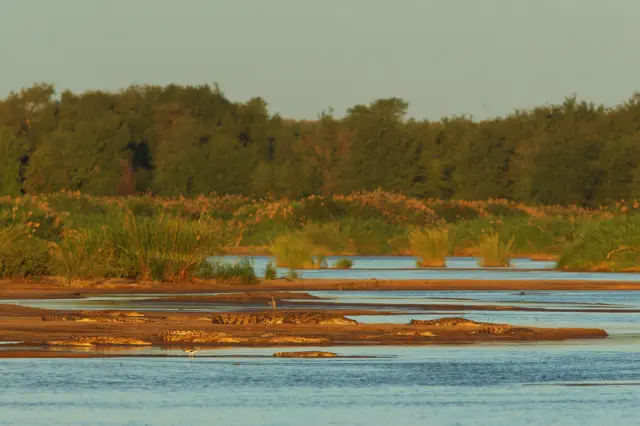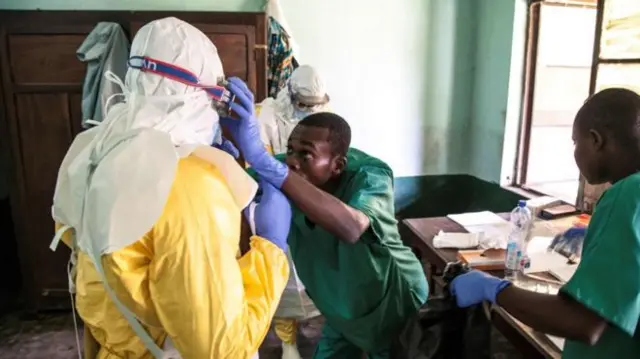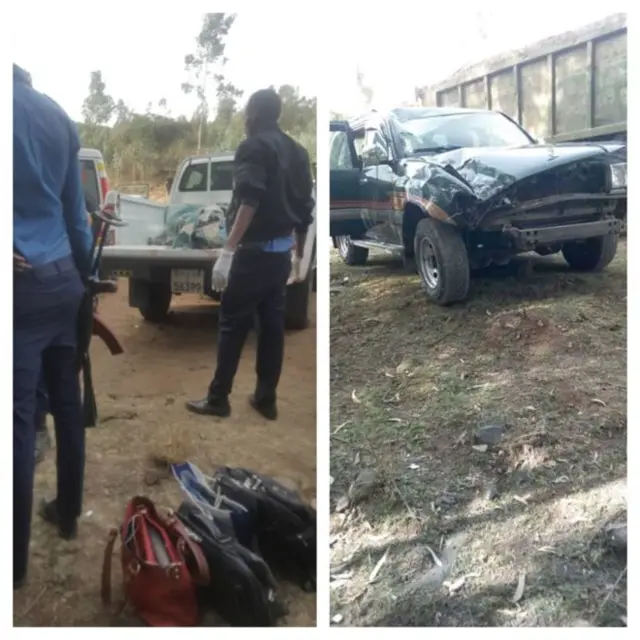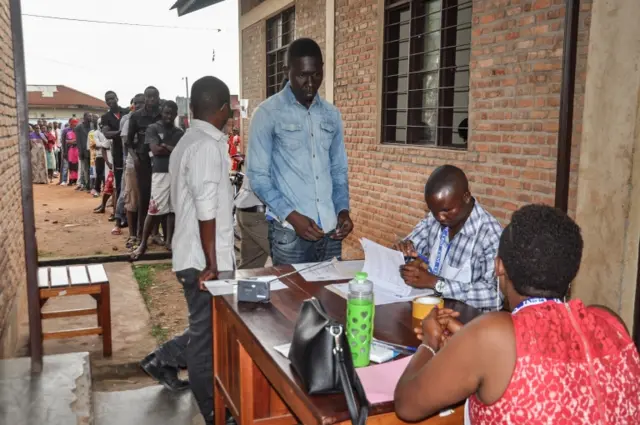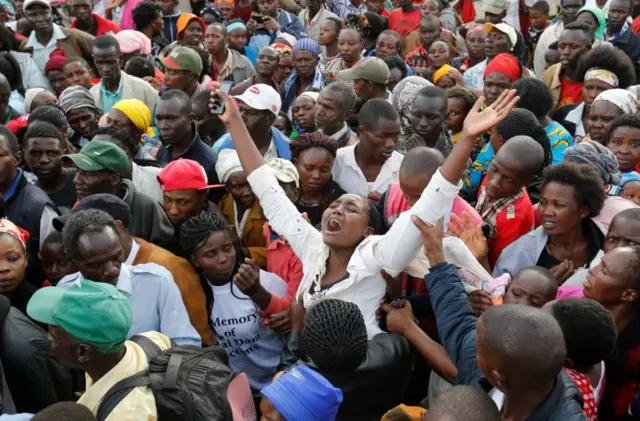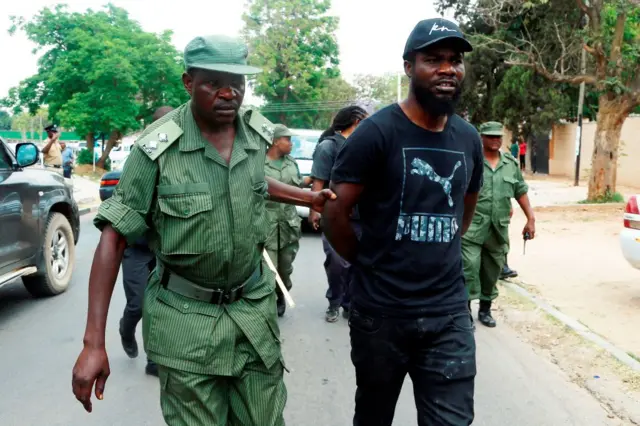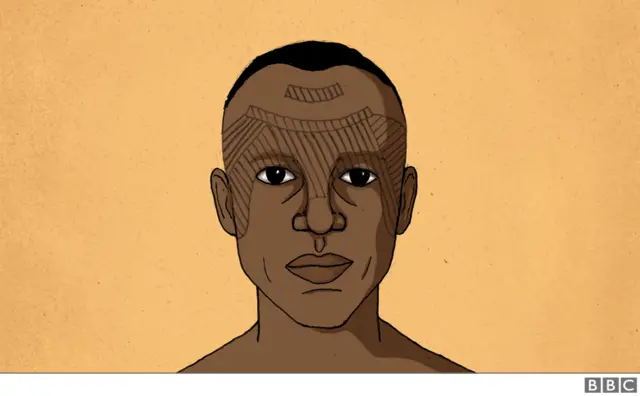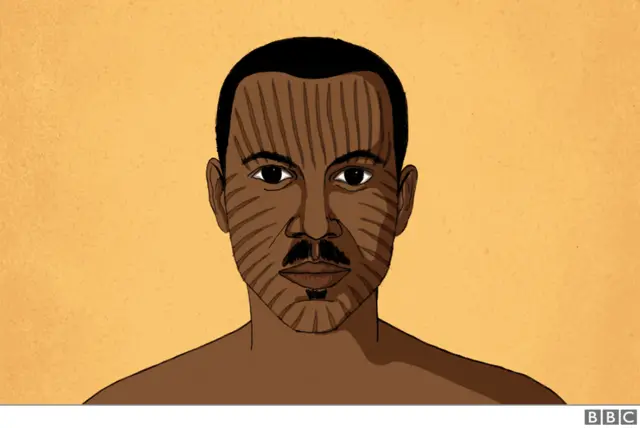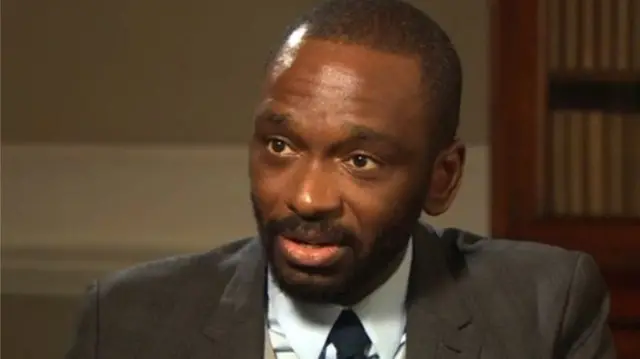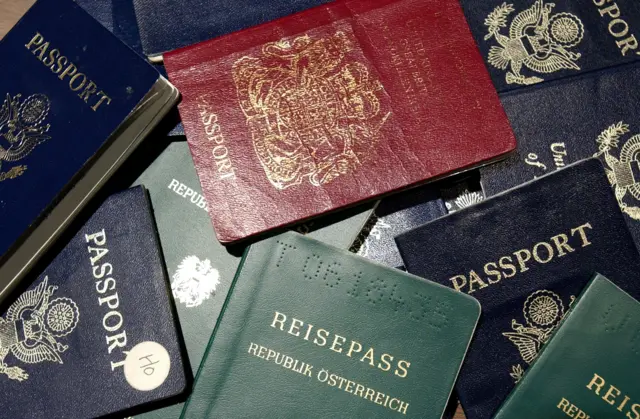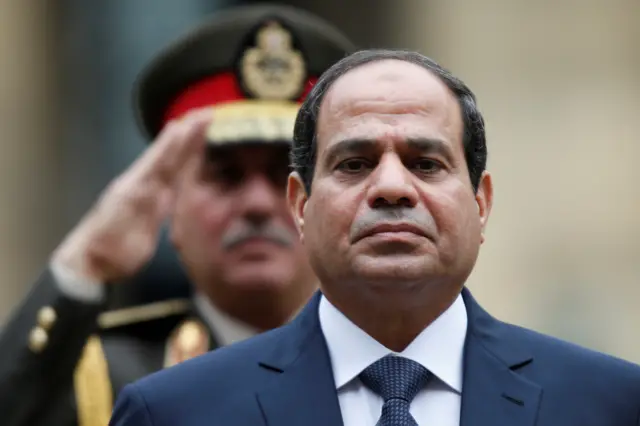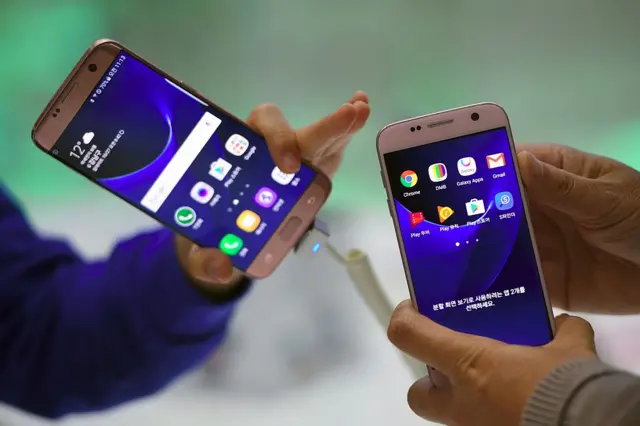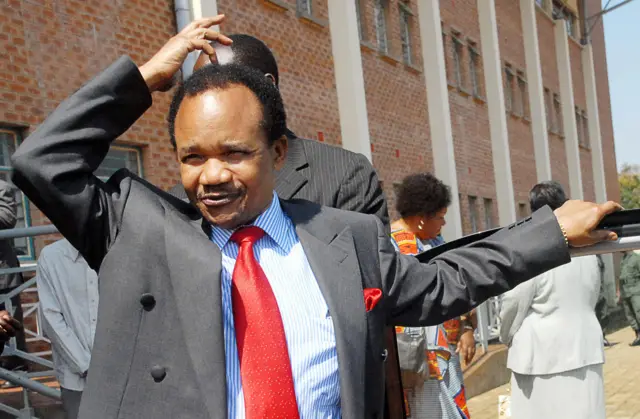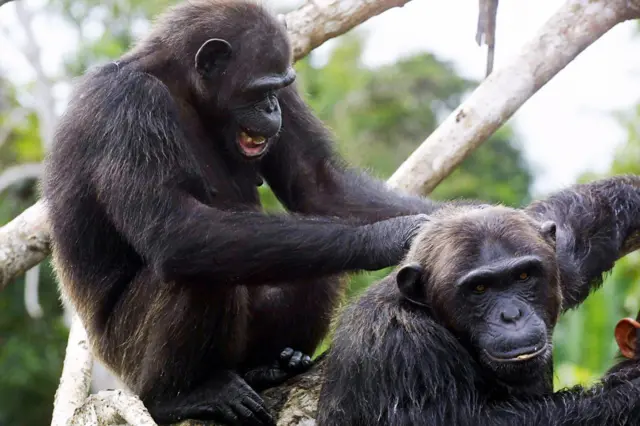Six planes bought in bid to revive Uganda Airlinespublished at 11:09 BST 17 May 2018
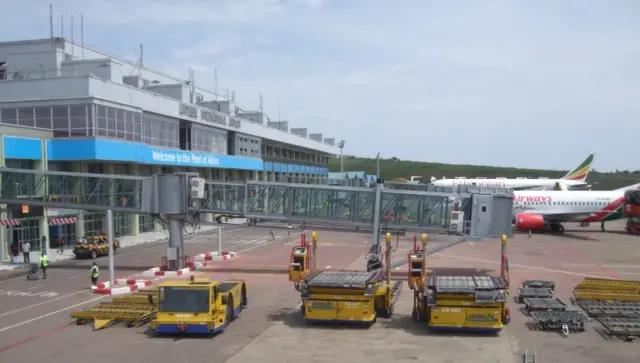 Image source, Entebbe Airport
Image source, Entebbe AirportUganda Airlines is expected to make its first flight in November
Uganda's government has bought six planes to revive the national carrier following its liquidation in 2001.
Works and Transport minister Monica Azuba-Ntege said on Wednesday that the government has made the initial deposit of around $1.2m (£890,000) for the six passenger planes, Ugandan newspaper the Daily Monitor reports, external.
They are expected to buy four Bombardier CRJ900 passenger jets and two wide-body A330-200 aircraft.
Authorities plan to make money by getting Uganda Airlines to get involved in other sectors, like catering and ground handling.
“The plan is to break even in four to five years,” the minister said.
Uganda Airlines is expected to return to the skies this November.
